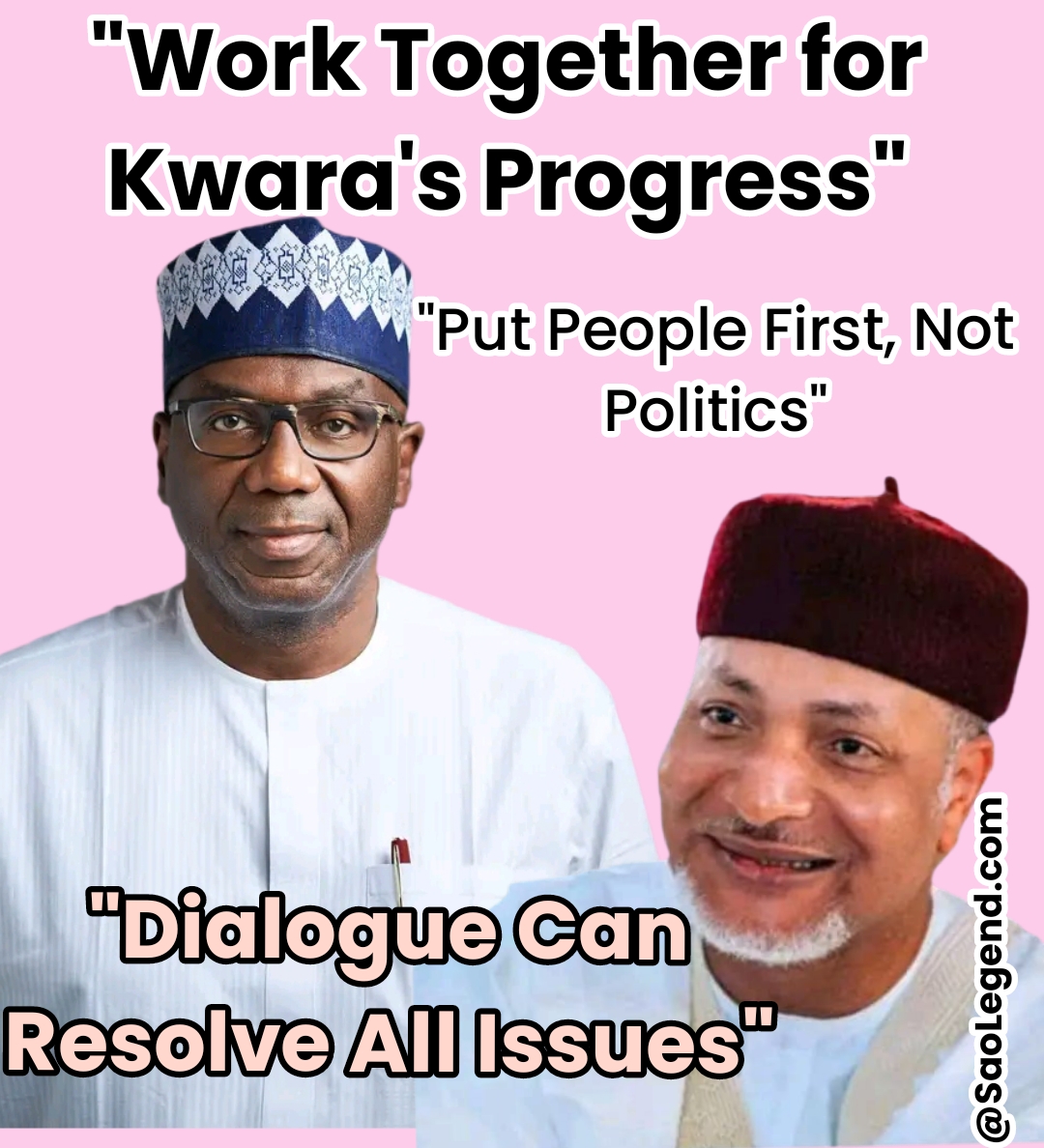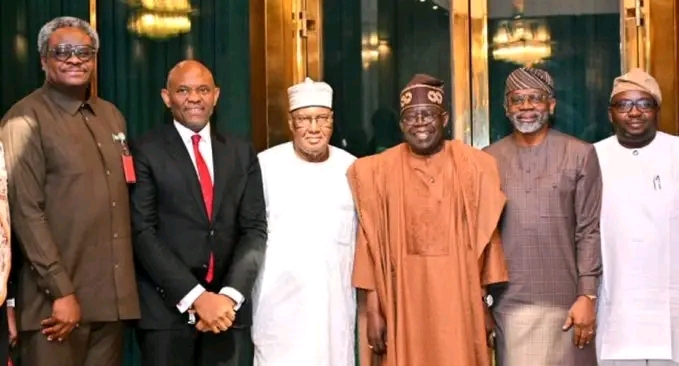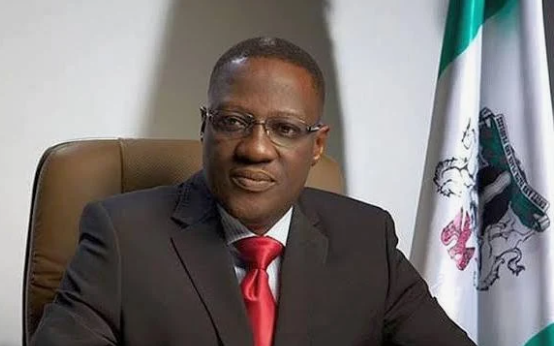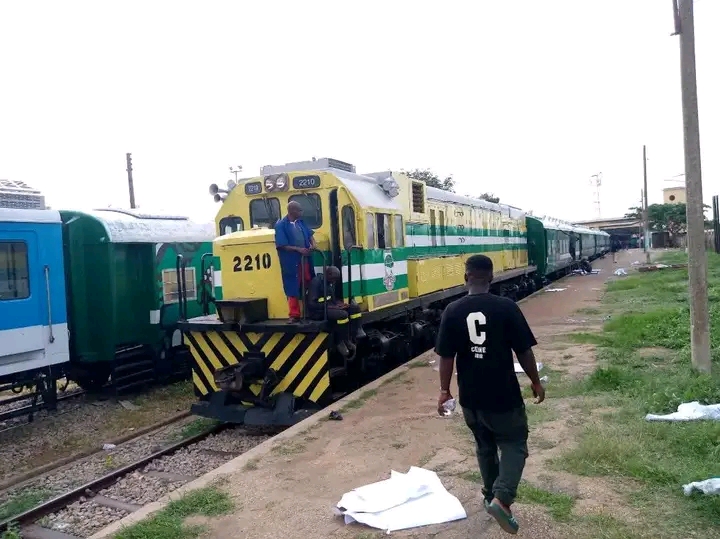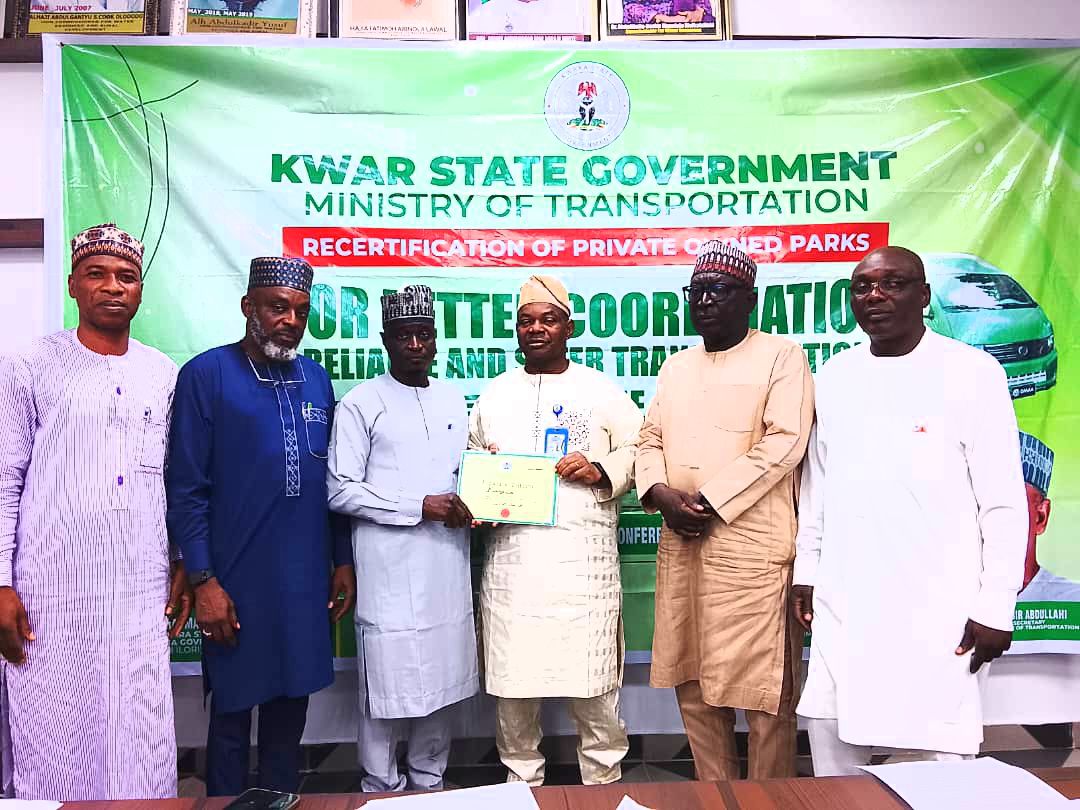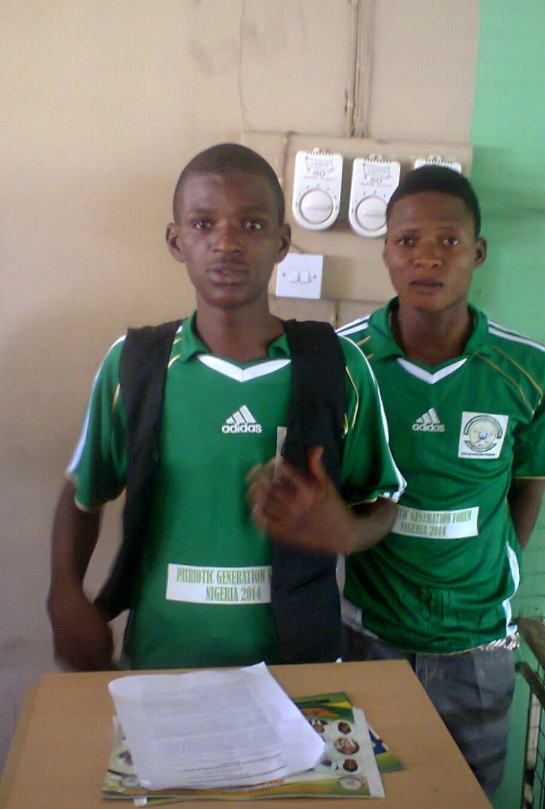
By Com. Sulaiman Abdulfatah O., PGF National President.
PRESIDENT’S SPEECH DELIVERED TODAY 27/12/2014
YOUTH USEFULNESS AND USELESSNESS IN SOCIETY BUILDING
The Chairman, Special guests of honor, the Royal Fathers, the Patrons and Matrons, members of the forum,Gentlemen of the press, Ladies and Gentlemen.
Permit me to emphasis first on the meaning of the word youth using the definitions in the Oxford
dictionary:
Here we have 3 meanings; one is denotative and others, connotative. Firstly, youth is the time of life when a person is young, especially the time when a child becomes a young adult. That’s youth is the intermediary between childhood and adulthood in life. Perhaps, one only savours this chance in life but once. And the Yoruba has a catchphrase to show the significance or dynamism of this period of life, so they call it “Igba Sango ode” – that is the period when somebody is more active and powerful in life. Yes, the emperor, Alaafin Sango who is the eponym of this age was a youth and became epitome of power in human history to the extent of that he was deified as god-of-thunder. There is more information about him in Yorupedia.
Again, youth is the quality or state of being young. And what is young? Young means “not fully developed or experienced. In this case, a youth needs the valuable supports of the experienced or fully developed people in the society to realize his dream in life.
Perhaps, adulthood is a period or page that a youth needs to enter later through the guidance from the experienced elders/leaders. And from the Yoruba experience, “ewe a ma soro bi ewe”- that youth is characterized with inexperience of the life cult. This is where culture needs to be transmitted from the older and morally experienced generation of elders to the young generation to assimilate for the continuity of our humane cultural heritage.
Therefore a youth needs to grow and be fully developed by the elders/leaders of today for the same would become the leaders/elders of tomorrow.
And finally, a youth is a young man as long as he is a man but young he has some sacrifice and service to render to his immediate society and humanity at large.
So youth is a period, in summary, when a child becomes a young man with is unusual craze for everything life has to offer in fortune.
Note that youth is young and initially imagines most of the fantasies of life as realities. It is common in a youth dream that to become rich is to hit a jack-port or stumble on a port-folio full of money like the one the lazy Baba Sala found in one of his dramas that later landed him into a police custody. Therefore, youth hates looking at the other side of life to survive; but ironically, life offers man some literarily incompatible pairs like”no struggle no success” “no endurance no achievement” “no pains no gains, no humility no adoration, no sacrifice, no benefit, no bitterness no sweetness just to mention but a few.
At this juncture, the society needs to decide on how to guild and guard this important gift of human creation to enhance growth and development.
To make the youth useful, the society must prepare to educate, orientate and empower them for the general wellbeing of the society in turn.
Any attempt to ignore the best ways of preparing the youth through standard education and empowerment programs, the society will be like a fowl messing up a pot of soup but ironically never realizes it is preparing itself for a cook to garnish soup. Therefore, if the society fails to make youth useful, the youth being active and dynamic will surely become useless and become a threat to the wellbeing of the general public. You know, idle hand is the devil’s workshop.
And if the youth should be ignored, the future is already dead and interned before the arrival of the messiah; the useful youth among the grotesque ones.
Therefore our campaign is to make the useful youth more useful and salvage the useless youth to rehabilitate them to effectively build a strong and progressive society or nation.
However, so far so good, in this campaign we have been able to achieve the following and we would be happy to count on your support for continuity of the service to the youth community and society at large.
1. Vocational training and retraining of youth
2. Youth Sports promotion
3. Youth empowerment programs
4. Free computer training and coaching
5. Youth sensitization and orientation programs
6. Scholarship
7. Production of leadership/personalities magazine and award
8. Arrangement of free meal during Ramadan fasting and other festivals
9. Organization of sermons and free distribution of religion Books i.e Alquran and Dalaylu
10. Distribution of education materials e.g. exercise books, chalks, pen and dusters to some basic Schools
11. Production of Packaged Gari to boost food production in the country.
Thanks, God bless you. God bless KwaraState
and God bless Nigeria
.
PGF! PROGRESS! BUILD THE YOUTH! BUILD THE NATION!
